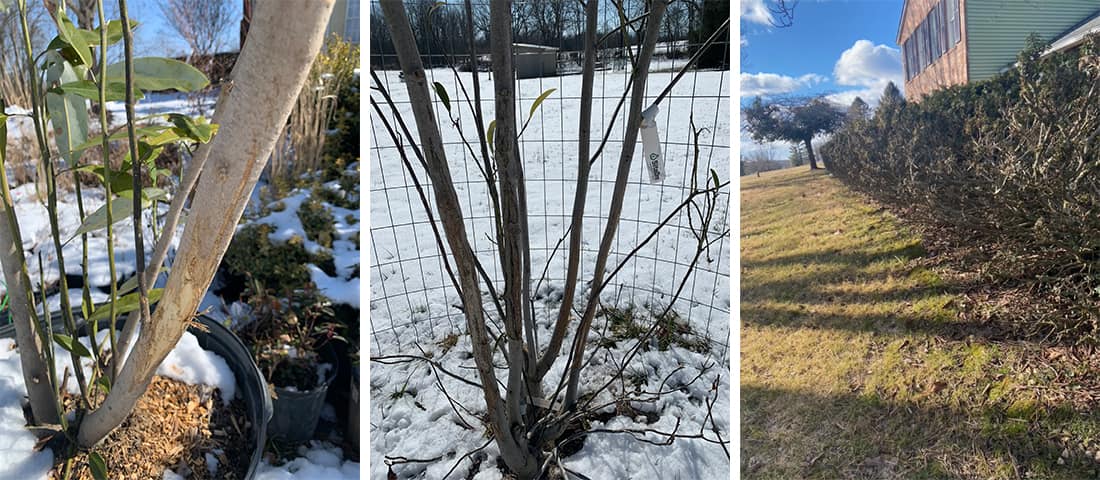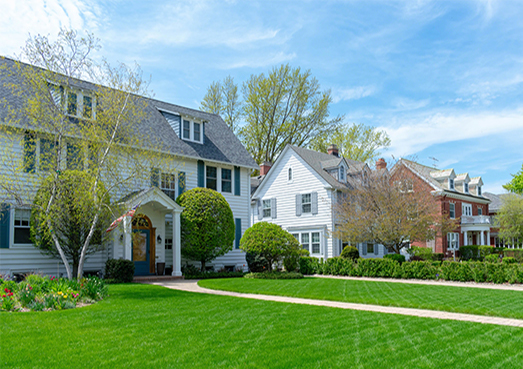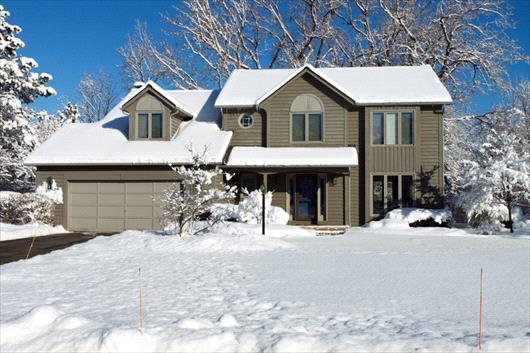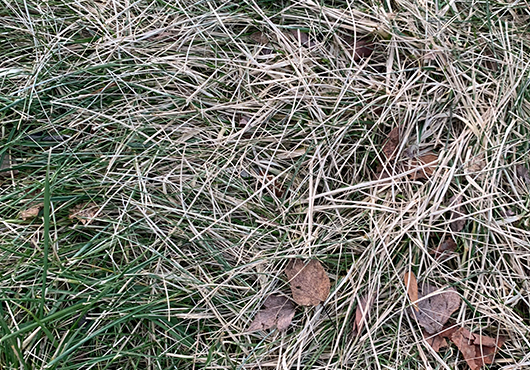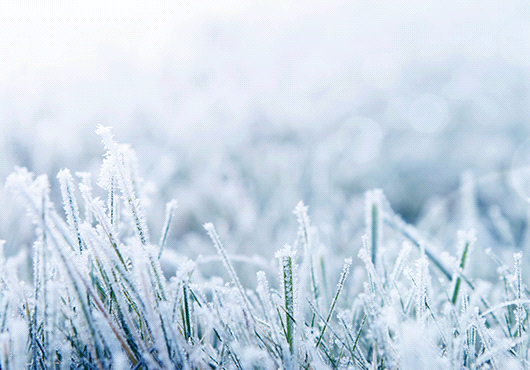Your Cart

Deer Damage to Trees, Shrubs and Ornamentals
Jun 16, 2023
Tips from Weed Man Lawn Care Annapolis
Deer populations in urban and suburban areas have continued to grow throughout the 20th and 21st century. As the density of deer has grown it has placed greater pressure on food sources. This is especially bad in winter months as deer have less forage available. The majority of deer damage to plantings happens during these winter months but for more desirable food sources the issue can be year-round. Here are some things to know when trying to select new plants or reduce deer damage at your property. Plant trees that are deer resistant. There are very few things that deer will never eat but there lots of things that they’re far more likely to eat. Attached below is a link to Rutgers University’s Agriculture school which does an excellent job ratings plant on a A-D scale of likelihood of severe deer damage. Placing fencing around plants during winter months can prevent deer from foraging on them during the months that they’re most likely to do. This solution isn’t practical at ever property and can be expensive and fairly labor extensive. Placement of shrubs or trees to your house will not deter deer as they will eat and destroy plants that planted directly up against your house There are products that you can spray or treat your ornamentals with that will deter eating either because of taste or smell. These products can work but they have to be applied continually throughout the year as new foliage emerges and products wear off due to rain. Young leaves or shoots are the most nutritious and most desirable so keep this in mind when trying to prevent damage Landscape Plants Rated by Deer Resistance: https://njaes.rutgers.edu/deer-resistant-plants/ Have more questions? Weed Man Lawn Care Annapolis is here to help! 